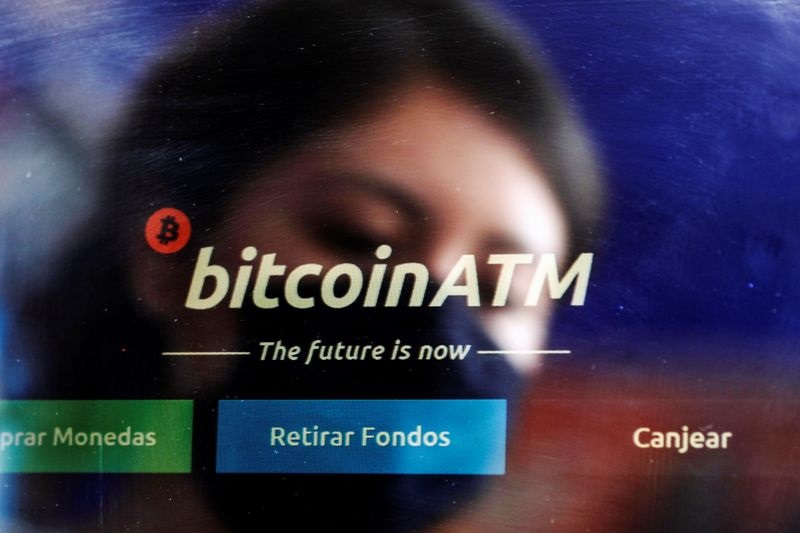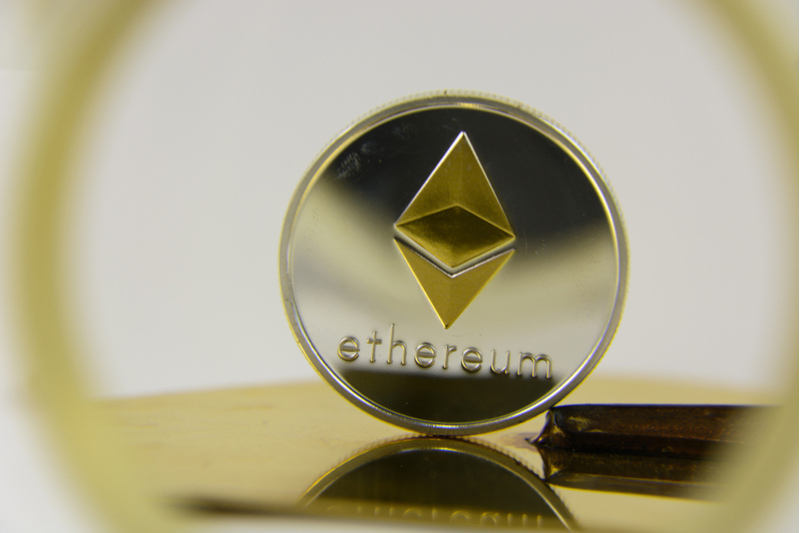[ad_1]
By Jody Godoy
NEW YORK (Reuters) – A Manhattan jury found Singapore-based Terraform Labs and its founder Do Kwon liable on civil fraud charges on Friday, agreeing with the U.S. Securities and Exchange Commission that they misled investors before the collapse of their stablecoin in 2022 shocked the cryptocurrency markets.
The jury announced the verdict in the two-week trial in federal court after hearing closing arguments earlier in the day.
The SEC accused the company and Kwon of misleading investors in 2021 about the stability of TerraUSD, a stablecoin designed to maintain a value of $1. The regulator also accused them of falsely claiming that Terraform's blockchain was used in a popular Korean mobile payment app.
Kwon designed TerraUSD and Luna, a more traditional token that fluctuated in value but was closely tied to TerraUSD. The SEC has estimated that investors lost more than $40 billion on the two tokens combined when TerraUSD's peg to the dollar failed to maintain in May 2022.
The SEC is seeking civil monetary penalties and orders prohibiting Kwon and Terraform from exiting the securities industry. U.S. District Judge Jed Rakoff will consider penalties in the coming weeks after hearing from the SEC and the defendants.
A spokesperson for Terraform said the company was disappointed by the ruling and by considering its options.
“We continue to assert that the SEC has no legal authority whatsoever to bring this case,” the spokesperson added.
Gurbir Grewal, director of the SEC's Division of Enforcement, said the agency was pleased with the ruling.
“Despite all the promises of cryptocurrencies, the lack of registration and compliance has very real consequences for real people,” Grewal said, adding: “It is high time for cryptocurrency markets to become compliant.”
A lawyer for Kwon declined to comment.
The collapse of TerraUSD and Luna depressed the value of other cryptocurrencies, including Bitcoin, and caused greater havoc in the crypto market, leading to several companies filing for bankruptcy in 2022.
Terraform filed for bankruptcy protection in January.
Kwon, who was arrested in Montenegro in March 2023, did not attend the trial, which began on March 25. Both the United States and South Korea, where Kwon is a citizen, have requested his extradition to face criminal charges.
SEC attorney Laura Meehan told jurors during closing arguments that the platform's success story was “built on lies.”
“If you swing big and miss, and you don’t tell people you came up short, that’s cheating,” Meehan said.
The SEC said Kwon and Terraform secretly arranged for a third party to purchase large amounts of TerraUSD to support the price when the stablecoin slipped from its peg a year earlier, in May 2021. Kwon incorrectly attributed the recovery to the reliability of TerraUSD algorithms, the regulator said.
The SEC also said that Kwon and Terraform falsely advertised that Terraform's blockchain would be used to process and settle transactions between customers and merchants through the Chai payment app.
Louis Pellegrino, an attorney for Terraform, said in his closing argument that the SEC's case was based on statements taken out of context and that Terraform and Kwon were honest about their products and how they worked even when they failed.
“Terraform is still out there trying to rebuild and make the buyers whole,” Pellegrino said.

At the start of the case, Terraform argued that securities laws did not apply to the cryptocurrencies it developed. Rakoff rejected that argument in December, ruling that Terraform unlawfully sold digital assets without registering them as securities.
Following a final ruling in this case, Terraform may challenge this decision on appeal.
[ad_2]
Source link



